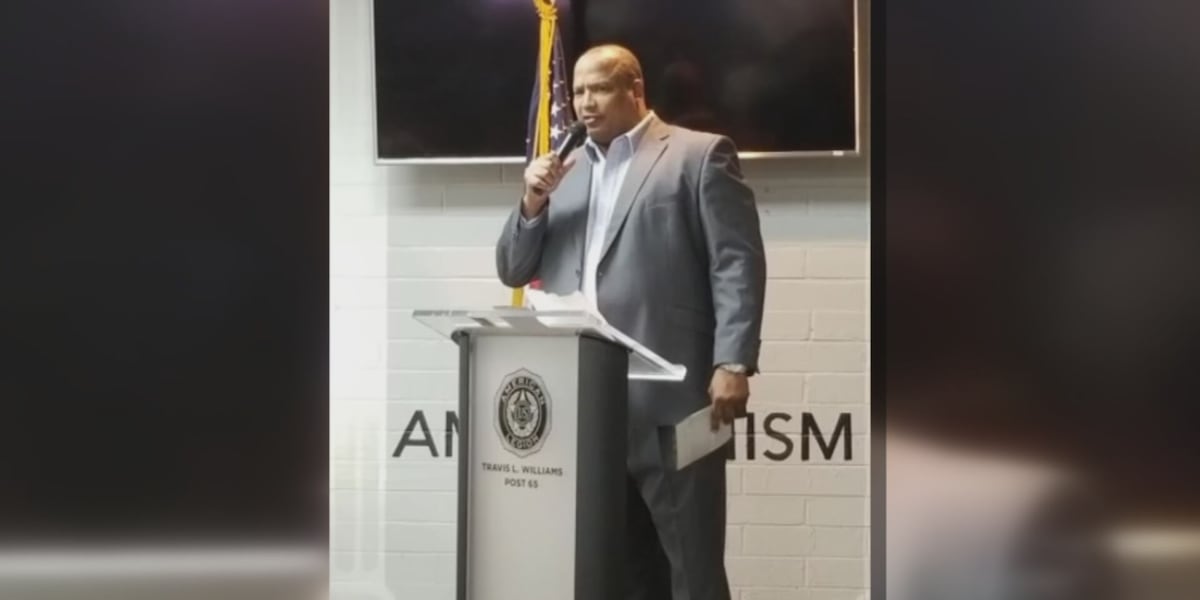
PHOENIX (AZFamily) — Thousands of men and women pay the ultimate sacrifice after serving our country. According to the latest data from the Department of Veterans Affairs, 6,392 veterans died by suicide in 2021. Of those, 241 were from Arizona.
“When you get older and you look back and you look at those sacrifices and sometimes you don’t know if the risk is worth the reward, but I never regret serving my country,” said Alan ‘AP’ Powell.
Powell is an Army veteran from Phoenix who served in the Gulf War. The destruction and death from the battlefield began clouding over him years after his service in the form of depression and PTSD.
Adjusting to civilian life and grieving lost family also created another set of challenges.
“I think I got discouraged, got down, feeling like I gave the ultimate sacrifice of my country and now the country doesn’t care,” said Powell.
He explained veterans weren’t welcomed home back then like they are now.
He said the country is much more patriotic.
However, trying to get back to life outside the military while coping with mental health issues can become too much.
That’s why he founded the HeroZona Foundation in 2011.
It’s a nonprofit that helps connect veterans and first responders with employment, education and entrepreneurship opportunities and mental health resources.
However, Powell said many veterans feel asking for help for mental health illnesses is a sign of weakness.
“I think that’s one of the biggest things that makes veterans fall into depression, into suicide and into some of the things they do because they’re not willing to seek help because of the ‘macho-ness’ of being a veteran, and that’s for males and females,” said Powell.
AP hopes the stigma around mental health among military men and women will be broken so it’s no longer a barrier for those who are still battling with mental illnesses.
“If you fight for your country, you can fight for yourself. And make sure you don’t feel like you’re left behind, so get those resources that you need,” said Powell. “There’s nothing wrong with asking for help. You deserve it. You served your country for it, so let your country pay you back by giving you those things that get you back on track.”
If you or someone you know is struggling with mental health issues, call the National Suicide Prevention Lifeline at 1(800) 273-8255.
See a spelling or grammatical error in our story? Please click here to report it.
Do you have a photo or video of a breaking news story? Send it to us here with a brief description.
Copyright 2024 KTVK/KPHO. All rights reserved.
